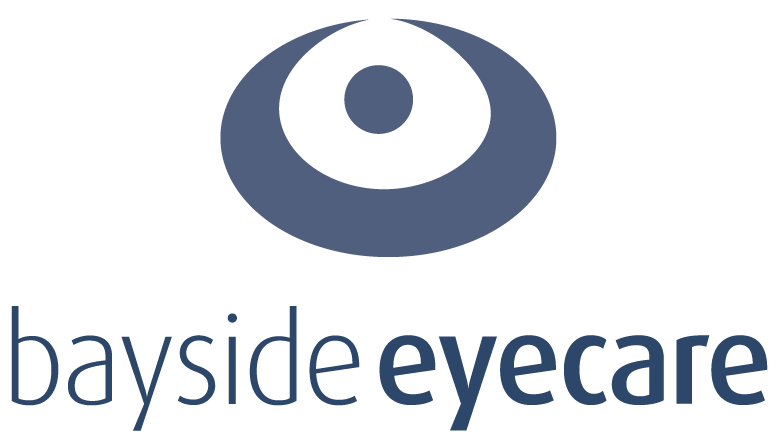Behavioural optometry involves more than just measuring your eyesight on the vision chart. A behavioural optometrist explores how your vision problem relates to your work or study requirements. They are keen to explore options that treat and prevent any eyesight difficulty you may be experiencing.
Behavioural Optometric Eye Examination
A behavioural optometric eye examination includes all the components of a regular, comprehensive eye examination. The practitioner will examine the health of the front of the eye, as well as the retina and structures visible inside the eye. Your distance vision, near vision, pupils and eye pressure will also be assessed.
A behavioural optometrist will typically examine binocular vision skills in more detail, as well as your tracking and saccadic eye movement skills. Vision information processing skills will also be assessed if there are concerns regarding the effect of the visual system on a patient’s ability to learn efficiently.
At Bayside Eyecare our optometrists have focused their postgraduate education in the management of binocular vision dysfunctions, strabismus (turned eye), amblyopia (lazy eye) and vision perception difficulties. Traditionally, these services are required for children, but we also assist older patients who display these symptoms following head injuries sustained during sport or from car accidents.
You do not need a referral to consult our behavioural optometrist and Medicare will contribute towards the cost of your examination. If you have been referred to us by your general optometrist, ophthalmologist, speech therapist, school or educational psychologist we recommend bringing along any relevant reports.
If you are interested in learning more about behavioural optometry we have a great TedX talk for you:

 (03) 9596 1238
(03) 9596 1238


